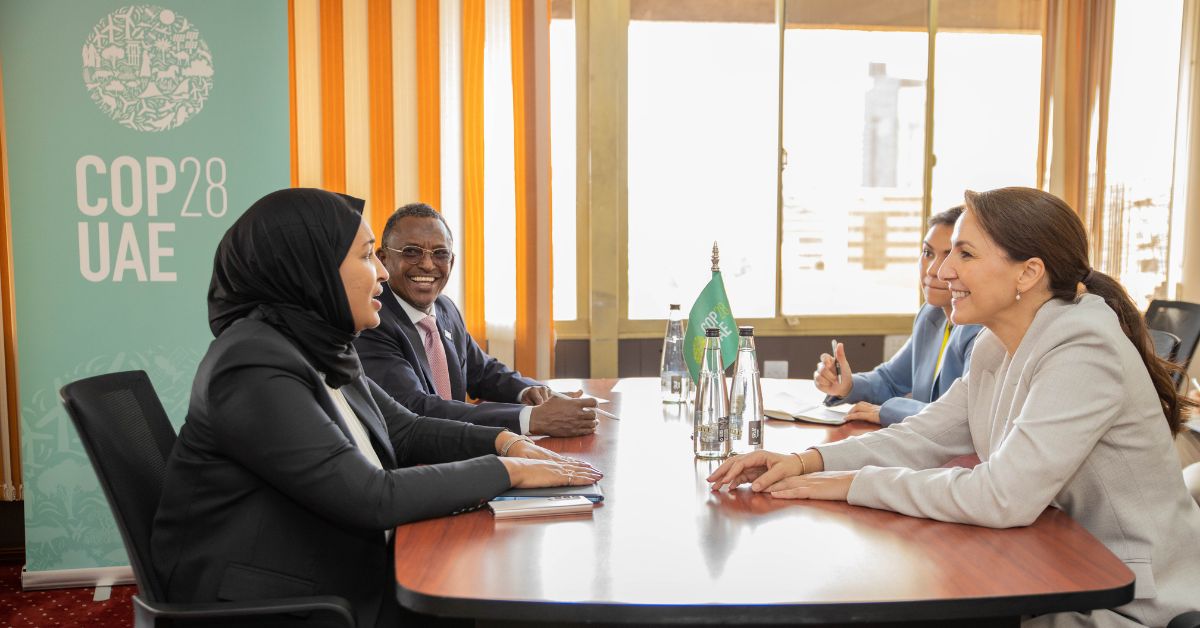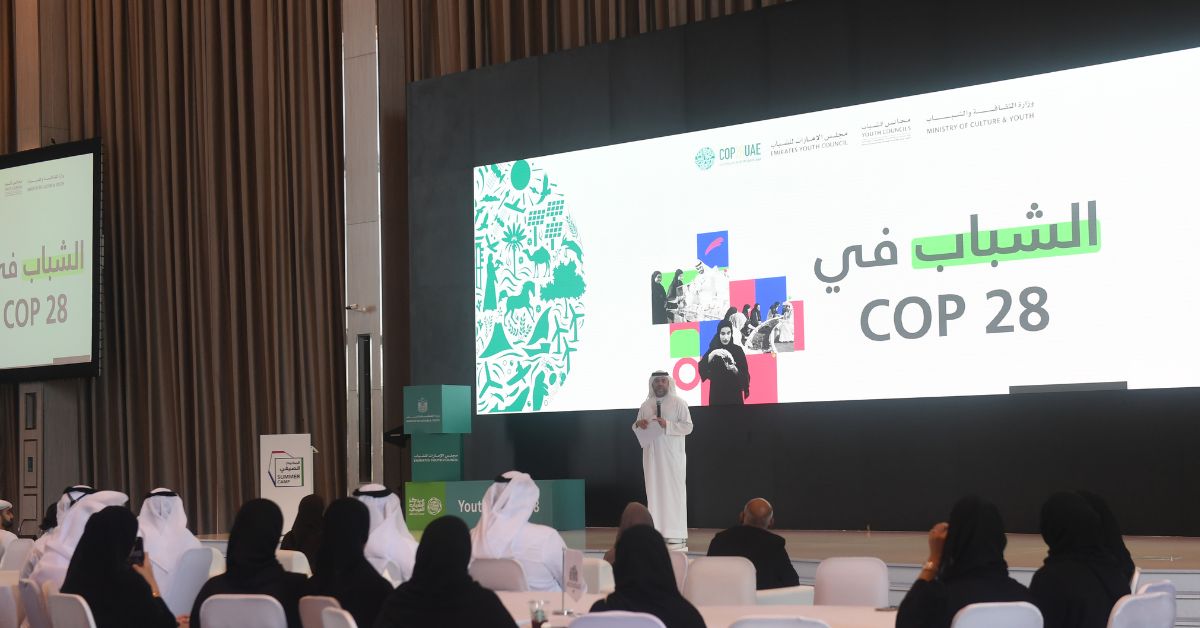DUBAI, UAE — COP 28 in the UAE is expected to witness a consolidation and expansion of recent advances in agricultural innovation aimed at addressing climate resilience and mitigation for smallholder farmers and agroecology.
The summit will be chaired by Sultan Al Jaber, UAE Envoy for Climate Change and Chairman of the Board of Directors of the Abu Dhabi Energy Company.
He said earlier that the UAE’s plan focuses on developing a roadmap for building a sustainable and resilient future for the world through four pillars: accelerating the achievement of a responsible transition in the energy sector, improving the performance of climate finance, preserving people and improving lives and livelihoods, and ensuring full inclusion for all.
At the same time, the UN Food and Agriculture Organization announced that it would present a plan at COP 28 to reduce emissions from food and agriculture systems to keep temperatures from rising above 1.5°C. So, how is this summit different? And how is the GCC implementing green projects?
Serco CEO Phil Malem commented on Dr. Sultan Al Jaber’s announcement that COP 28 will be based around the four pillars mentioned above: “It is now imperative that not only do governments internationally heed his advice, but that in the private sector, we also rally to align our businesses with the needs for a sustainable future for us all.”
Malem also believes that in the region, “with our governments’ ambitious vision and plans, we are moving in the right direction toward a Net Zero future. However, the private sector must also decide how we will contribute, through our strengths and expertise, to achieve the goals of COP.”

Malem further assured Serco’s commitment to building a better future for all and has won several contracts that will deliver innovative, sustainable operations – including mobility services for the Red Sea, which is setting new global standards for sustainability.
“COP 28 being held here in the region is an excellent opportunity for us to show the world how the Middle East can lead the way through innovative and disruptive thinking to take on this global challenge,” said Malem.
Every COP summit is different and is a step forward in reaching the “Green Ambition” in the GCC and the world, believes Malem.
“The UAE hosting the event is historic,” especially since the country has proven its success in previous plans and visions, he told TRENDS. “In the last ten years, the UAE has been a pioneer in renewable energy.”
He also confirmed that many topics will be discussed at COP 28, and the 1.5°C rise in climate will be one of them. Malem believes there will be significant discussion on the progress of emissions reduction and the decreasing reliance on fuel sources at this event.
Regarding what is still needed in the GCC to reach its “Green Ambition,” Malem sees commitment as the key. While the region has made outstanding progress toward a hydrogen economy, much work is still needed.
In this context, Serco works on green projects in Saudi Arabia. The Red Sea Global appointed the company for many mobility services, ensuring a net zero mobility experience for guests.
The COP 28 Climate Summit, scheduled in the UAE at the end of 2023, will host the most significant global forum on climate and nature for corporate, business, and philanthropic leaders, with more than 500 CEOs and leaders participating in charitable and humanitarian work.
On the first and second days of COP 28, in conjunction with the Global Climate Action Summit for heads of state, the “Climate Forum for Business and Philanthropy” will be conducted.
To prove its environmental vision, the UAE has supported the implementation of many infrastructure and clean energy projects globally. It has also promoted the dissemination and use of renewable energy solutions in developing countries, as it has invested in renewable energy projects in 70 countries with a total value of approximately $16.8 billion.
The UAE pledged $4.5 billion to develop 15 gigawatts of clean energy in Africa by 2030. Based on recent studies, Africa is suffering some of the worst repercussions of climate change, yet it receives only about 12 percent of the funding it needs to address those repercussions.
The announcement of the UAE’s initiative to achieve climate neutrality by 2050 comes as a milestone in the country’s three-decade journey in climate action and a strategic vision for the next three decades.
Like the rest of the world, climate change also affects the MENA region. A “Climate Central” report showed that climate change was a factor in the record temperatures witnessed in the northern hemisphere this summer, which the region also suffered from.
The research report stated that almost all of the world’s population was exposed to higher temperatures from June to August due to climate change caused by human activities.
The study by the non-governmental organization, which covers the period from June to August 2023, showed that emissions of greenhouse gases into the atmosphere since the beginning of the industrial era have increased the probability of recording the heat waves that Asia, Africa, Europe, and North America have already witnessed.
At the same time, the level of the Dead Sea, which is one of the most significant tourist destinations in Jordan, is shrinking at a rate of about 3 feet annually because of climate change.
The body of water has already lost a third of its surface area since development began earlier this century, and gaps appear in areas where the water has receded.
There are a few forces that continue to drive this change. Over the years, the construction of dams, storage tanks, and pipelines has reduced flowing water levels to only five percent of their original volume.
Given that Dead Sea minerals were promoted as therapeutic, their extraction by cosmetic companies has proven harmful, impacting the Dead Sea’s potential to remain among the top tourist attractions.
Add that to the fact that the increasingly hot climate in the Middle East is making it difficult for the sea to replenish itself, and therein lies the problem: Experts estimate that if the sea continues to disappear at its current rate, the Dead Sea could dry up entirely by 2050.







